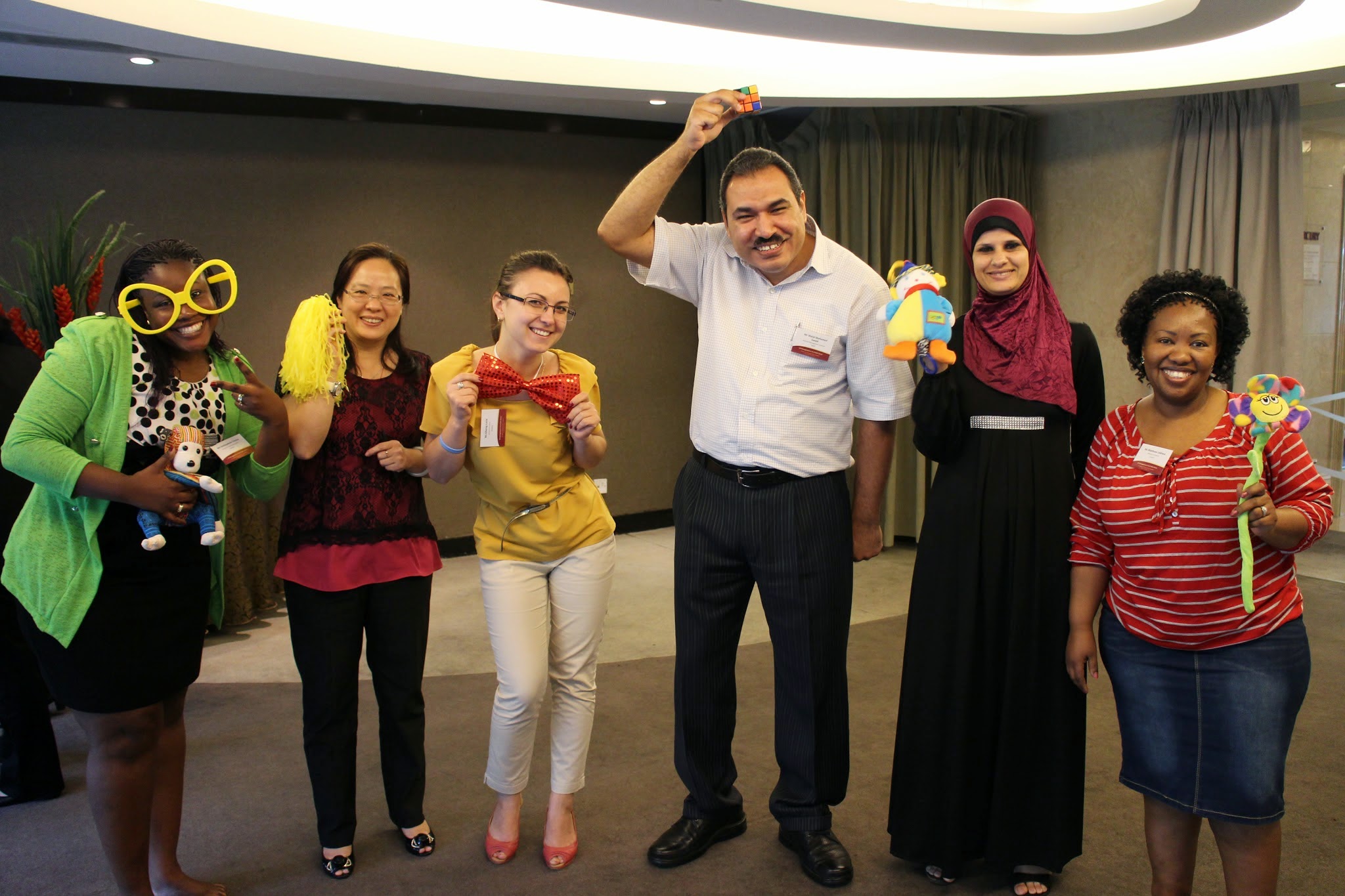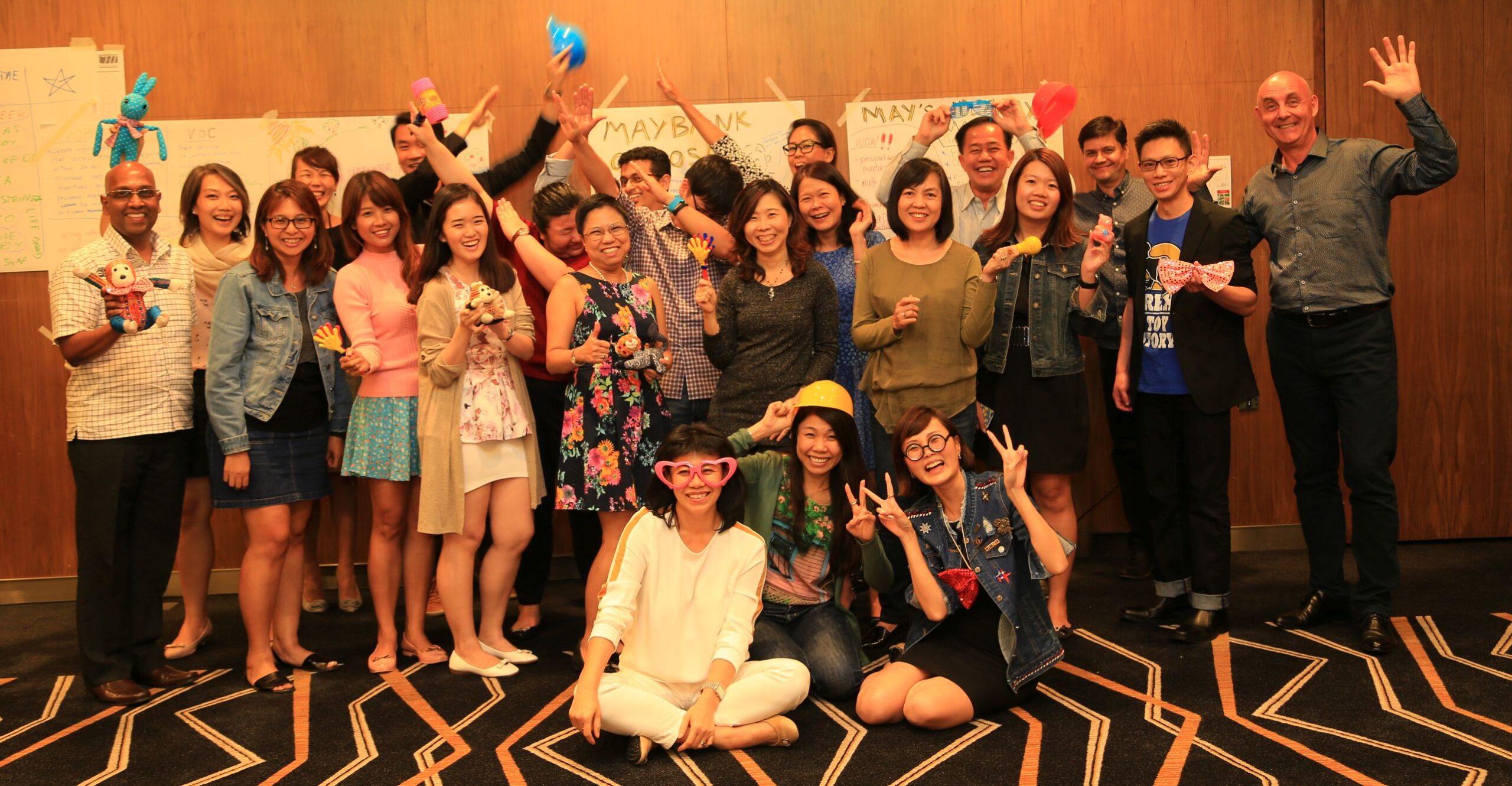
At some point in our life, some of us may have experienced a person who helped us to see our...

At some point in our life, some of us may have experienced a person who helped us to see our...
Not every organisation needs to develop process managers with Lean and Six Sigma skills. Yet, every organisation deserves to have...
A few years ago I was leading a session for high potential managers in an international phone company. Before I...

Thinking ahead is a cardinal rule of business. In addition to monitoring the daily operations of your business, succession planning...
There are several invaluable lessons learnt during the different phases of YOG. A significant task has been the recruitment, preparation...
Besides business and functional know-how, a successful leader must have competencies in leading change and improving, designing and managing processes....
A typical Friday evening starts with a family dinner in a nice atmosphere. This time we decide to visit one...

Coaching is “Expanding a person’s capacity to take quicker, more effective actions.” Robert Hargrove. In a coaching culture people continually...
Against the common belief, statistical knowledge is not a criterion for selecting your Belts. However, the capability to acquire new...
In times like this, every penny counts. So, how do we ensure we get the most out of our learning...

Your Lean Six Sigma initiative has taken off well, project teams led by Belts have done a nice work and results are...
Our client, a leading world authority in microelectronics development and research, appointed a senior research fellow to head its entire...
Our client, a US-based IT manufacturing MNC, needed to align the efforts of its seven separate IT divisions and help...

A couple of years ago, I was meeting the President of an Asian multi-national mid-sized service company for a Six...
In the course of meetings, be it Six Sigma project team meetings or management meetings, conflict is inevitable; it is...
Copyright © 2026 by COE Pte Ltd. All Rights Reserved.